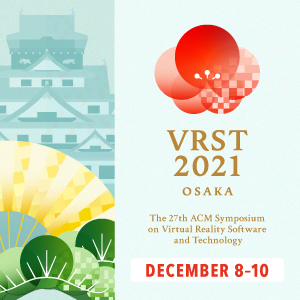An Introduction to Deep Learning on Meshes [Half-Day Course]
-
 Full Access
Full Access
-
 Virtual Full Access
Virtual Full Access
Date/Time: 06 – 17 December 2021
All presentations are available in the virtual platform on-demand.
Lecturer(s):
Hsueh-Ti Derek Liu, University of Toronto, Canada
Hsueh-Ti Derek Liu is a Ph.D. student at the University of Toronto supervised by Alec Jacobson. Derek received his B.S.E. at National Taiwan University, and M.S. at Carnegie Mellon University advised by Keenan Crane and Levent Burak Kara. Derek’s research focuses on geometry processing, including geometric learning, 3D modeling, and hierarchical solvers. He has given several invited talks across academia and industry, and was the substitute lecturer for the Geometry Processing and the Seminar in Geometry and Animation courses at the University of Toronto. Derek's research is partially supported by the Adobe Research Fellowship and the Mary H. Beatty Fellowship.
Description: The irrefutable success of deep learning on images and text has sparked significant interest in its applicability to 3D geometric data. This course aims to outline the key challenges of using deep learning on the irregular mesh representation for problems in geometry processing. The fundamentals of deep learning are presented from a geometry-centric point of view. Starting with foundations of machine learning, and then going through both fundamental machine learning as well as modern deep learning concepts. Then the course covers techniques and operators for applying convolutional neural networks on meshes, as well as geometric loss functions.The course also contains a practical component, which involves building a neural network for meshes from scratch using PyTorch. Our course materials and examples will be open sourced. We plan to continue to maintain and update course examples as the field progresses. Our goal is to provide a permanent online resource which contains a combination of theory and hands-on exercises, that enables easily incorporating deep learning in geometry processing research.





